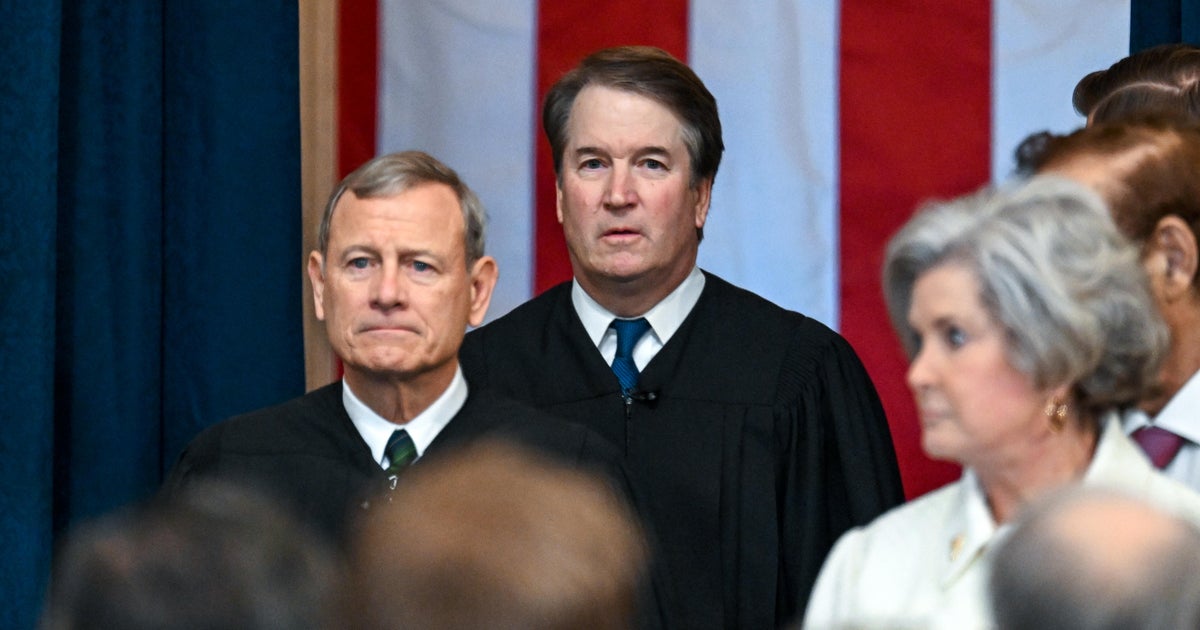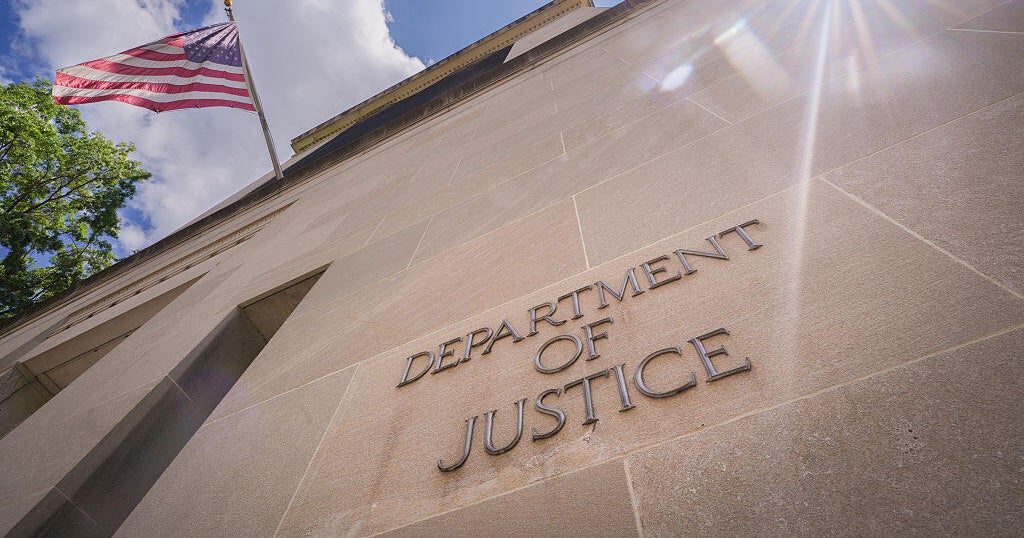
The legal saga surrounding Kilmar Abrego Garcia, an immigrant whose deportation to a Salvadoran prison in March sparked national outrage, has taken a dramatic turn. A federal judge recently determined that the Trump administration may be pursuing charges against Garcia out of vindictiveness, leading to a new opportunity for evidence gathering and a hearing that could potentially dismiss the Justice Department’s criminal prosecution as a “selective or vindictive prosecution.”
Garcia, originally from El Salvador, was forcibly sent back to a notorious Salvadoran prison despite a prior court order that prohibited his return to the country. The government later acknowledged that his removal was a mistake but hesitated for months before agreeing to bring him back to the United States. Upon his return, the government filed criminal charges against him in Tennessee, stemming from a traffic stop in 2022 during which he was pulled over for speeding and questioned about transporting other undocumented immigrants in his vehicle. Although he was not charged at that time, the government has since accused him of being involved in a human smuggling operation.
Garcia’s legal team has argued that the case should be dismissed on the grounds of vindictive and selective prosecution. While such dismissals are rarely granted, his lawyers contend that this situation presents a unique case deserving of consideration. Tennessee District Court Judge Waverly Crenshaw Jr., an Obama appointee, concurred that a thorough examination of the matter is warranted.
In his opinion, Judge Crenshaw highlighted public statements made by several Trump administration officials celebrating Garcia’s indictment. He noted particularly troubling actions by Deputy Attorney General Todd Blanche. After Garcia’s removal to El Salvador, Blanche publicly admitted that the Justice Department initiated the criminal investigation only after a Maryland judge ruled in favor of Garcia in his lawsuit seeking release. This revelation strongly suggests that the government may have pursued criminal charges against Garcia as retribution for challenging his deportation in a civil case, where the judge stated that the government “had no right to deport him” and accused them of wrongdoing.
“The Fifth Amendment forbids the government from punishing defendants for exercising their constitutional and statutory rights,” Judge Crenshaw wrote. “Consequently, defendants may challenge the government’s charging decisions for actual or presumptive vindictiveness.”
This judicial order arrives at a critical juncture for Garcia, who has been jailed in Tennessee since his return to the United States. His legal team has even requested that he remain incarcerated, fearing that the administration would attempt to deport him again if he were released. Since August, the government has threatened to deport him to Uganda—a country he has never lived in—as part of their strategy to send individuals to distant nations with often perilous living conditions if they cannot be safely returned to their country of origin. This tactic aligns with several of the Trump administration’s policies that have been validated by the Supreme Court through controversial decisions made without public hearings.
As Garcia continues to battle both his criminal prosecution in Tennessee and his potential deportation, an immigration judge in Baltimore recently denied his request for asylum. He now has 30 days to appeal this ruling.
Despite the ongoing legal challenges and allegations of vindictive prosecution, the administration remains resolute in its efforts to remove Garcia from the country. Department of Homeland Security spokeswoman Tricia McLaughlin stated unequivocally that “one thing is certain: This Salvadoran man is not going to be able to remain in our country,” emphasizing that Garcia will “never be loose on American streets.” The circumstances surrounding this case highlight the complexities and often harsh realities faced by immigrants navigating the U.S. legal system, particularly those caught in the crosshairs of political agendas.


